
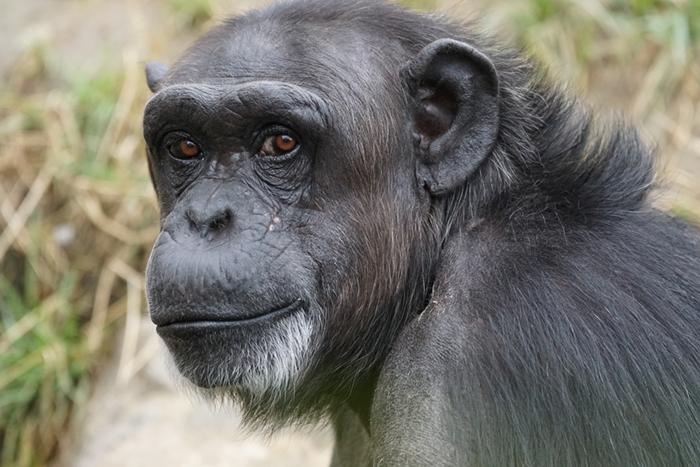
In November 2017, world-renowned primatologist, ethologist and author of numerous books Frans de Waal was interviewed by John Richardson, the founding Executive Director of the Blackstone Ranch Institute. They spoke about what humans can learn from other primates, some of de Waal’s favorite anecdotes and the very real possibility of extinction for many nonhuman primate species. John Richardson also reviewed de Waal’s book titled Are We Smart Enough to Know How Smart Animals Are? for Voices for Biodiversity in September 2017.
Reading your recent book raised a lot of interesting questions in my mind. You have worn a lot of different hats and had many incarnations that are not captured in your official titles. How do you like to be identified?
I trained as a biologist and ethologist in the Netherlands, and then came to the U.S. in 1981. I specialized as a primatologist and worked at a primate center in Wisconsin for 10 years. For the last 25 years, I’ve worked here at Emory University, mostly with chimpanzees and capuchin monkeys but also with bonobos and elephants.
One of the things that struck me in your recent book — and perhaps it’s one of the reasons you have such a popular following — is that you really include human beings in the larger conversation about primates. You’ve done a lot of work over the years to identify and explain the behavioral commonalities between us and other species, primarily primates. What is the biggest message for your human audience?
For me, the main message is aimed at people in the humanities, psychology, social sciences, business, philosophy and so on, because those people very often start from the assumption that humans are special and incomparable with other species, whereas I think humans are animals and in many ways we act like animals.
Even the things that we are most impressed with about ourselves, like morality and culture, we can draw parallels with other species. We all share an evolutionary background, and I want to shake up the humanities and anthropology, which live in this illusionary, pre-Darwinian world that is, in my view, more religious than scientific. I want them to come to grips with the idea that we are basically animals.
The same message is also coming from neuroscience. When I started, that was not much the case, but nowadays neuroscientists very often work on rats and other species, and they are drawing all sorts of parallels. They basically say that a rat brain has the same parts as the human brain and that it functions in very similar ways, so the message of similarity is also coming from neuroscience in a massive way.
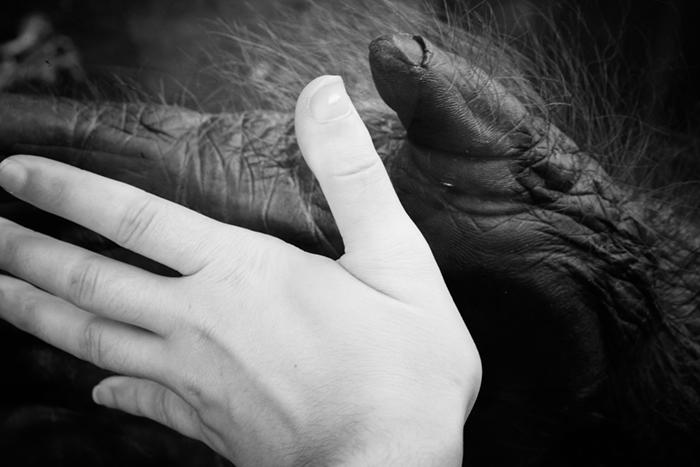
How do you assess the impact of your message? Do you get the sense that minds are opening up in a significant way?
I would say that in the last 30 years or so things have changed dramatically. 30 years ago if you had said that human biology affects our behavior, that genes affect our behavior, or that males and females may be different in their brains and in their behavior, it would have been extremely controversial and received very angry reactions. I think that was maybe logical after World War II, when people were sensitive to any implication of what genes meant for humanity. People were very sensitive and didn’t want to hear that kind of message.
I have seen that perspective change dramatically, from audiences who were skeptical or critical of comparisons with animals — certainly scientific audiences were very skeptical — to people basically taking our similarities to other animals for granted today. There may still be a remnant of people who don’t want to hear that kind of message, but a lot of people are now very open to comparisons between humans and animals, and to the idea that genes may affect behavior.
How do you assess the intelligence of human beings versus other species and versus other primates? With all the work you’ve done with chimps and other primates, have you developed a sense of how they view us, how they assess us?
To the first question, I would say that socially and emotionally we are not very different. I don’t necessarily see humans as smarter in the social domain than chimpanzees. But in terms of abstract thinking and deduction, and especially anything that relates to language, I see fewer parallels with other species. Language is a special, complex capacity that humans have and it affects everything about us, including our cognitive structures. From a very young age, words start to affect the way we think.
In terms of how we interact with each other — how we deal with friendships, with rivals or with conflict in the family — I don’t see us as necessarily smarter socially or emotionally than the apes I work with.
We now have increasing evidence for all the things that we thought animals could and could not do. In the last 25 years, there have been claims that only humans can do this, only humans can do that. For example, that only humans have theory of mind or only humans can plan ahead. We now know that none of these claims are actually true.
The other question you asked was how animals look at us?
What have you learned about that? You have been working with animals for a long time.
Well, that very much depends on which animals you mean. Animals that live with humans and are raised by humans often consider themselves almost human. There is a famous story about Kanzi the bonobo who was used in language research. When asked to put a photo of himself in a pile with monkeys or with humans, he put himself with the humans.
Then there are animals that are more distanced from us. My chimpanzees at Yerkes, for example, are not raised in human homes, they are raised by their own moms in the group. They live with chimps and are much more chimpanzee than human, I would say. Hopefully they look at us as friends. Most of us are their friends — we give them food and we move them around and things like that. Sometimes they look at us as rivals. Young males may look at male students as rivals, and they may try to get to them or impress them. They sometimes look at us as sexual partners, almost. There are apes who are sexually attracted to humans. That’s the ones in captivity, who I don’t think consider themselves humans at all.
The wild ones have no reason to have a special relationship with us, other than fearing us. That is why in field work — work in the wild — it takes researchers a long time to get close to the apes, because their first reaction is to run away. Apes in the field are generally afraid of humans, for very good reasons. Only reluctantly and after years when nothing bad happens will they be willing to accept humans hanging around.
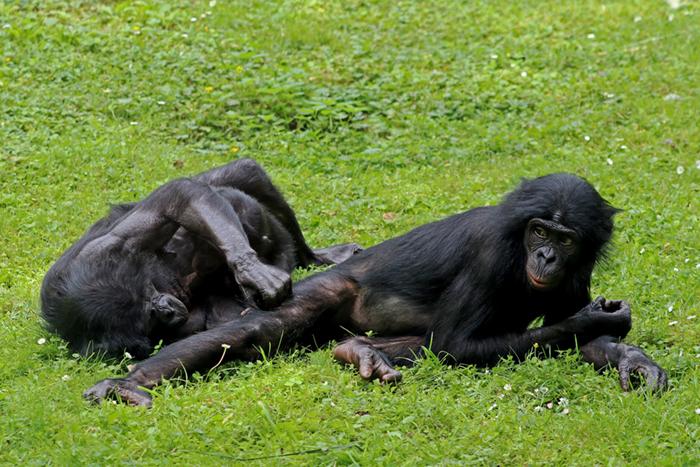
One of the reasons I love books like yours is the anecdotes. There are these extraordinary moments, where suddenly something unexpected happens. I am wondering if there are a couple of these moments that were particularly meaningful to you or illustrative of what it means to demonstrate animal intelligence.
All the research we do starts as an anecdote. I know there are scientists who look down on anecdotes and say you shouldn’t use them, but all the big discoveries we have made in our field started out as a little story. Someone might say, “I saw a chimpanzee use a twig to get ants,” and before you know it, it becomes serious research and we do experiments and so on.
In my case, the event that had the most impact on my thinking was a reconciliation I did not expect. I saw a big fight in the colony of chimpanzees that I worked with at a zoo in the Netherlands. My task was to study aggressive behavior, so I followed the whole fight. Many hours later, there was a big commotion and the chimpanzees were hooting and hollering, but it was not aggressive. In the middle of the commotion, there were two chimpanzees who embraced. I went home that day thinking about it and not understanding it until it came to my mind that the two chimps who had embraced were the same two chimps who had been at the center of the major fight earlier in the day. That’s when it clicked and I thought, “Wow, that’s what they were doing!” They were reconciling after the fight and everyone was excited about it. Meaning that the whole group understood what was going on — other than me, the scientist. That’s how I discovered that chimpanzees reconcile after fights. Since then, I have seen it thousands of times and I am not the only one — many people have done research on reconciliation behavior. It is now very much an accepted behavior, even though people were skeptical at the time I proposed it. They saw it as anthropomorphic to call it reconciliation, and asked me to call it “post-conflict contact” or something like that. We now have a lot of data that there is actual reconciliation that serves to maintain the bonds between individuals. That is one anecdote that had a major impact on my thinking about primate behavior.
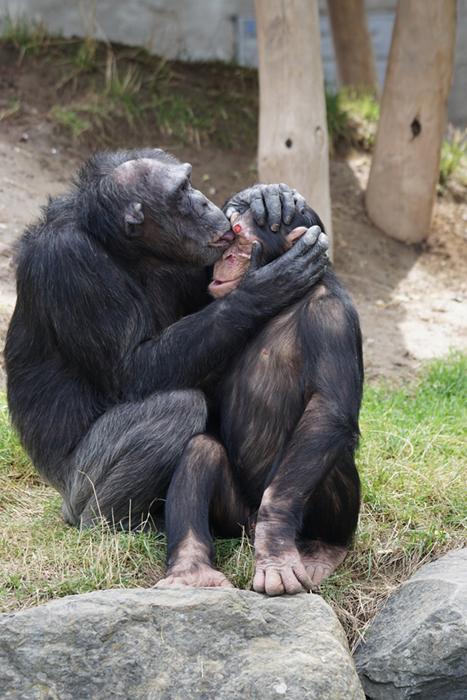
Many environmental indicators are in the red zone now and many of our ecosystems are in deep trouble. It seems that just as we’re on the verge of extinguishing a range of species, people like you are able to make the case that animals have their own intelligence, and therefore have as much right to be here as we do. Where do you see us in this race against time to save different species?
The right to be here is of course the right of every organism, even every plant. There are animals that we would rather get rid of like mosquitoes but even they have the right to be here. Even if you removed all the mosquitoes, I don’t think it would be a solution to our problems. I think every organism has the right to existence.
But it is also true that we tend to focus on certain organisms — they are usually called flagship species. Like when you go to a jungle where there are tigers and everyone focuses on the tigers even though there are tons of other animals in that jungle that also deserve protection. In conservation, we are often focused on charismatic species that everyone likes such as orangutans, tigers, chimpanzees and elephants. We hope that by protecting them, we are protecting a whole lot of other species in the ecosystem that are also in need of protection.
I think the sort of data I provide on behavior and cognition helps with that, in the sense that it makes people more appreciative of how special all animals are. I also focus on animals that are considered particularly smart, like elephants and apes. But you can also focus on some insect or little bird and the deeper you delve into its behavior, the more it becomes what Nobel Prize winner von Frisch said: it becomes “a magic well.” The deeper you go, the more you get out of it — and the data keeps coming, it keeps getting more complex. He said that about the honeybee dance and [pioneer animal behaviorist] Don Griffin said the same about echolocation in bats. And the more complex it gets, the more admiration we have for that kind of capacity. I think that is true for almost every species. I focus on chimpanzees and they are very human-like, so we can easily understand all the things they do — because we are like chimpanzees, our bodies are like those of chimpanzees and so on. But species that are more distant from us, like the bat, have very special capacities, too.
It is interesting to me that we are more impressed with capacities that relate to ours. For example, tool use and language are human capacities and for ages we have been trying to teach language to apes and other animals to see how far they get. We are very impressed when they can do some of it because language is our thing. It is the same with tool use. There have been a lot of tests on animals about tool use — even on animals who would never use a tool in the wild. They are tested on tool use because that is something we are good at.
We have a very anthropocentric view of animal cognition: we are impressed by things that we can do well. At the same time, we are sort of satisfied that animals cannot do them as well as we can. If their language and tool use skills are not up to ours, we are satisfied with that. But there are all these other capacities out there — such as memory, orientation, echolocation and camouflage — that are very special. There are all kinds of special capacities out there that are extremely complex and that people tend to overlook because they are not the sort of thing that we do.
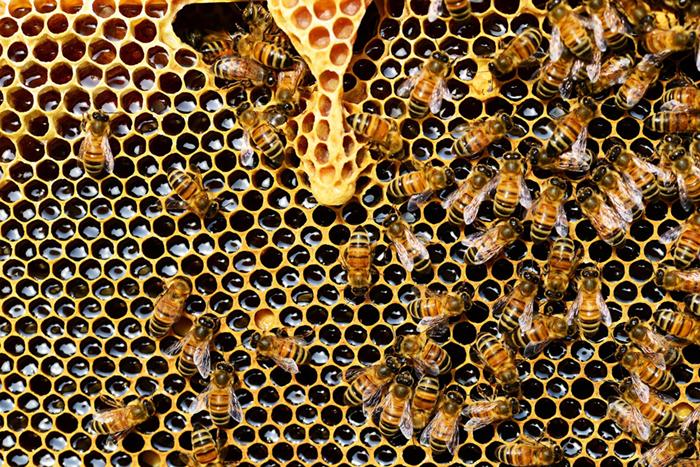
How worried are you about extinction?
For primates, we have a lot of things to worry about. They will probably survive in certain reserves but even in those there is a lot of poaching going on. Outside of reserves, I am not sure they will survive. There is an enormous amount of habitat destruction going on. For example, orangutans are facing the palm oil industry and the burning of their forests. I am not sure what is going to be left. Just look at maps of how the forest has dwindled over the years. The predictions are that 50 years from now, there will be no wild orangutans left. There may be a few left in some reserves — if we are lucky — and there will of course be a few left in zoos.
I sometimes get upset by people who are against zoos because we now live in a time where if I were an orangutan, I would probably prefer to be in a zoo. If you look at pictures of these poor apes clinging to a little tree, all that is left from the burning of the forests, the luckiest apes are usually brought to a sanctuary in Borneo or Sumatra. They cannot go back to the wild. They had a very miserable life — they either die or are taken to a sanctuary. It is horrible that we have reached this situation, where it is almost better to be in a good zoo than in your own original habitat.